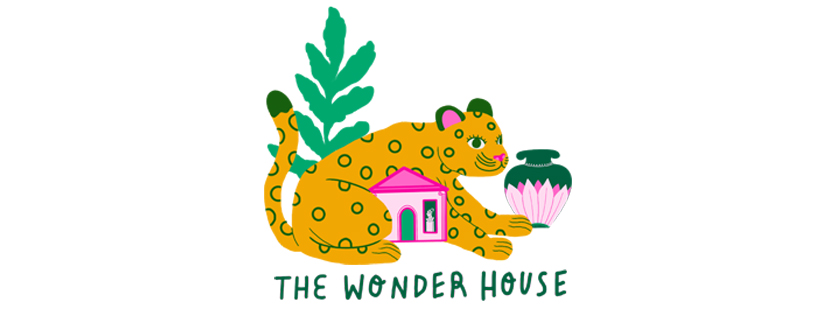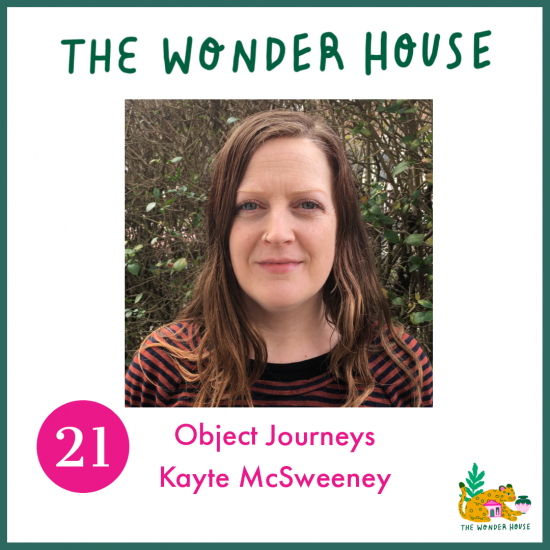On June 22, 2020, Zey Kussan and I co-hosted Museum Hour. Our topic was: Furlough (given leave of absence from your job). It had been a while since I had spent much time on social media and my hands were shaking with nerves before we took a deep breath at 7.59pm and launched into the Q&A session at 8pm.
Why did we host a Furlough Museum Hour? For my part, I enjoy the weekly Q&A session. It is a great opportunity to think about and talk about a whole variety of topics associated with museums, from podcasts to digital and everything in between. But, since being furloughed, I saw lots of topics I didn’t feel able to contribute to, mostly because I wasn’t sure if doing so would inadvertently break the terms of my furlough. It was frustrating and made me feel even more isolated. So, I asked the Museum Hour team if I could host a special session for others who were furloughed and, thankfully, they agreed.
What an evening! Hundreds of replies flooded in from everyone who took part and there were also private DMs from people who didn’t want to share their experiences publicly. So many of the responses, often deeply personal and thoughtful as well as funny and light-hearted, resonated with me and my experience of furlough. Zey has written a contribution to this blogpost and I have included it below.
Links to the 11 Museum Hour Q&As can be found at the end of this blogpost, alongside PDF files with screenshots all of the responses. I hope it is a useful resource for the future. There are so many changes taking place in the sector at the moment, including a considerable number of redundancies, that I’m apprehensive about revisiting this topic on #MuseumHour again next year.
Zey Kussan
Working from home began on Wednesday 18th March for me. As much as we were watching the pandemic play out on the news from around the world, looking back there was still a massive amount of naivety around it, even being told at that point it’s time to pack up and begin working from home. Noticing the commute into work had got less and less busy leading up to this date, it still came as a shock. I still remember someone saying, ‘Wow, this is actually serious’. It had been played down so much that people still did not believe we were in a global pandemic.
Working from home began as a novelty; I had extra time that I had saved from the commute to do things for me. I started healthy eating, I was up bright and early - fitting in an early morning run, which I never found time for before - actually eating breakfast and still having 30 minutes to myself before I logged on in the morning. Looking back, that probably lasted all of 4 weeks, then it all changed. I can’t remember the moment it did, but that’s how lockdown continued with ups and downs with every month, week and day that passed, and it did pass and very quickly at that. I still cannot explain how we all lost 6 months at such speed.
Watching people across the sector struggle with being furloughed or working through came with difficulties for both sets of people. Some people had limited, if any, communication and some people had too much communication. I remember at one point I had to remove myself from the many, many WhatsApp groups that had been created that didn’t even contain my close friends or family. It became too much. I had to make decisions and manage expectations and put up boundaries for my own sanity. People working through were still seeing work colleagues more than close friends and family and it was getting hard. On the flip-side there were also people furloughed, alone, that were not only not seeing friends and family but also had no contact with work. We all had difficulties.
Watching people get furloughed, watching people lose their jobs and now the redundancies across the sector has us all watching intensively, whether furloughed or non-furloughed. Add to this witnessing people lose family and friends, there is no way we are coming out of this the same. If lockdown and the pandemic changes anything, my hope is that it’s in better understanding each other, understanding and accepting our differences, supporting one another and actively listening. What the sector will look like this time next year, or even in the coming months, is anyones guess right now. Standing in solidarity and posting a raised fist emoji is all good and well, but what are we all really actively doing to make good, long lasting change?
Below are: 1) Links to #MuseumHour Questions on Twitter; 2) Screenshots of all Q&As
5. Q5. Have you reevaluated your life during furlough?
7. Q7. Has your place of work stayed in touch with you regularly during furlough?
8. Q8. How can museums support furloughed workers, especially with good mental health?
9. Q9. So, here’s the big one: How do you feel about going back to work?
Share, Rate & Review The Wonder House!
If you love our work, consider becoming a Patreon or sharing a cup of virtual Ko-Fi!
Subscribe, Subscribe, Subscribe!
This episode was Presented/Produced by Sushma Jansari (@TheWonderHouse) and Produced/Edited by Nick Harris (@2ndThoughtTank).




No Comments